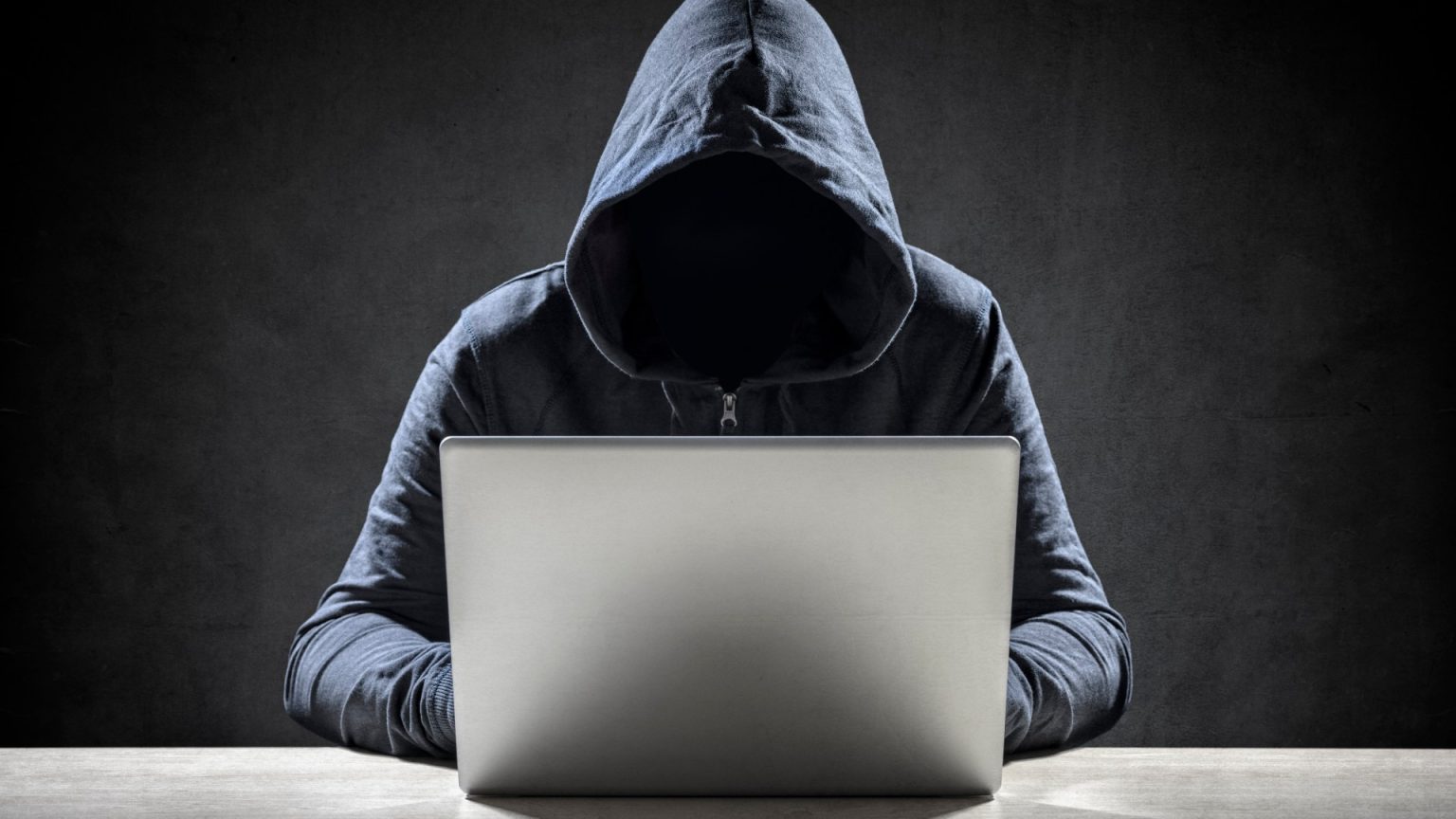The UK government is poised to introduce robust legislation aimed at combating the escalating threat of deepfake pornography, a particularly insidious form of online abuse that predominantly targets women and girls. This new legal framework will criminalize both the creation and distribution of sexually explicit deepfakes, carrying a potential two-year prison sentence for offenders. Deepfakes leverage sophisticated artificial intelligence technology to seamlessly superimpose an individual’s face onto existing pornographic images or videos, creating highly realistic and damaging fabricated content. The rapid proliferation of this technology has led to a surge in such material online, causing significant emotional distress, reputational damage, and psychological harm to victims. The government’s initiative seeks to address this growing menace and provide much-needed protection to those targeted by this abusive practice.
The proposed legislation represents a significant step forward in safeguarding individuals from online sexual abuse. It expands the scope of existing laws by explicitly addressing deepfakes, acknowledging the unique and devastating impact of this type of digital manipulation. Until now, the lack of specific legal provisions targeting deepfake pornography has hampered efforts to prosecute perpetrators and hold them accountable for their actions. This legislative gap has effectively emboldened offenders, contributing to the unchecked growth of this form of online abuse. By criminalizing the creation and sharing of deepfakes, the government aims to deter potential offenders, provide avenues for legal recourse for victims, and send a clear message that such behavior will not be tolerated.
Beyond addressing deepfakes, the forthcoming Crime and Policing Bill will also criminalize other forms of image-based sexual abuse. The act of taking intimate photographs without consent, as well as the installation of equipment with the intention of capturing such images, will become illegal offences. This broader approach tackles the various methods used to obtain and misuse private images, further strengthening protections for individuals’ privacy and bodily autonomy. These measures complement the Online Safety Act, which came into effect in September and designated the sharing of intimate images as a priority offense. This Act places a responsibility on online platforms like Facebook and X (formerly Twitter) to proactively identify and remove such content, facing potential action from Ofcom, the UK’s communications regulator, if they fail to comply.
The government’s multifaceted strategy represents a concerted effort to tackle the growing problem of online sexual abuse from multiple angles. By criminalizing the creation and distribution of deepfakes, alongside other forms of image-based abuse, the government is establishing a robust legal framework to deter offenders and hold them accountable. Simultaneously, by placing responsibility on online platforms to remove harmful content, the government is leveraging the power of these platforms to combat the spread of such material and protect users from exposure. This combined approach seeks to create a safer online environment by addressing both the supply and demand sides of the problem.
The introduction of this legislation has been met with widespread support from victims’ rights advocates and campaigners who have long pushed for stronger legal protections against image-based abuse. Baroness Owen, a Tory peer who has championed this issue, welcomed the news, emphasizing the urgent need for these protections to be implemented without delay. Victims Minister Alex Davies-Jones echoed this sentiment, highlighting the government’s commitment to holding offenders accountable and providing support to those affected by these devastating crimes. The legislation signals a significant shift in the legal landscape, recognizing the seriousness of online sexual abuse and providing vital legal tools to combat this evolving threat.
The fight against online sexual abuse is an ongoing battle, and the government’s initiative represents a crucial step forward in protecting individuals from the devastating consequences of deepfakes and other forms of image-based abuse. By criminalizing these practices and holding both individuals and online platforms accountable, the government is sending a strong message that such behavior will not be tolerated. The legislation provides much-needed legal recourse for victims and aims to create a safer online environment for all. While the long-term effectiveness of these measures remains to be seen, the government’s proactive approach signifies a significant commitment to tackling this pervasive issue and protecting the dignity and safety of individuals online. The hope is that these legal changes, coupled with ongoing efforts to raise awareness and educate the public, will contribute to a significant reduction in the prevalence of deepfake pornography and other forms of image-based sexual abuse.


